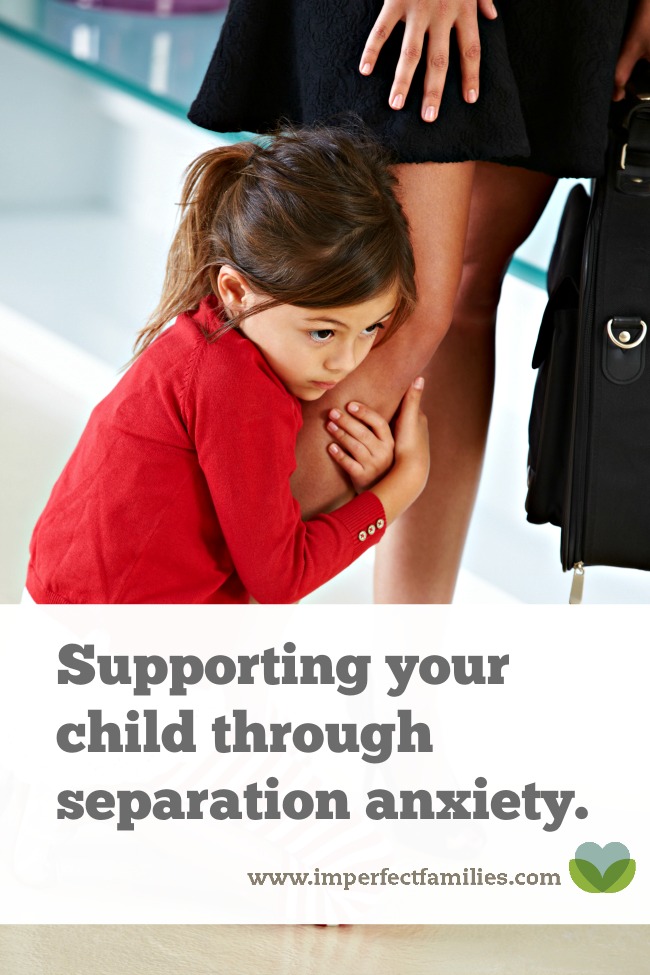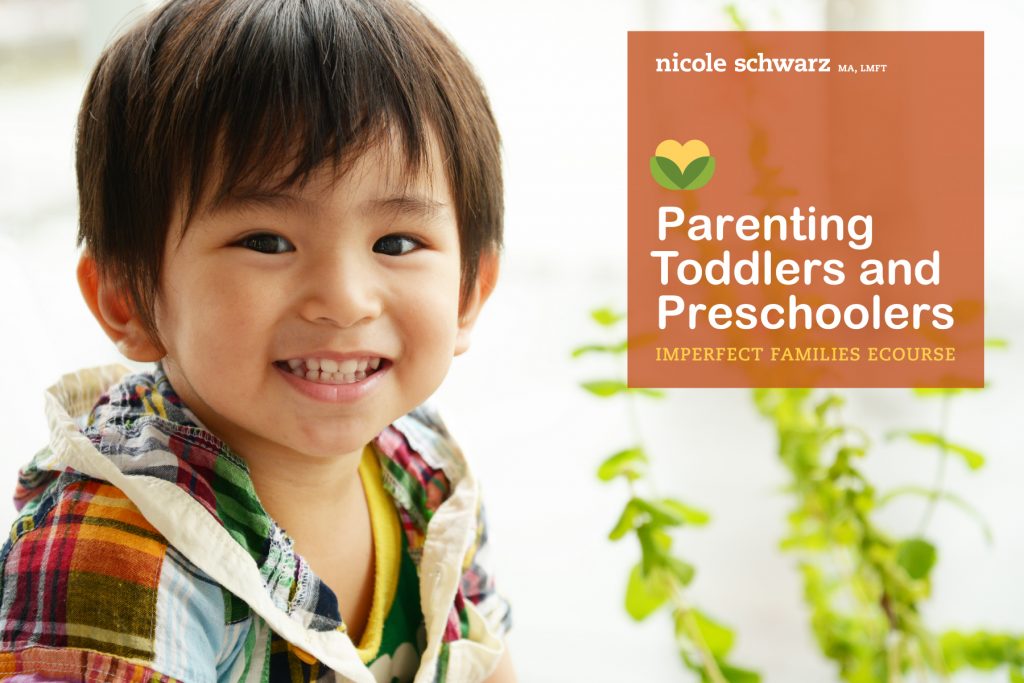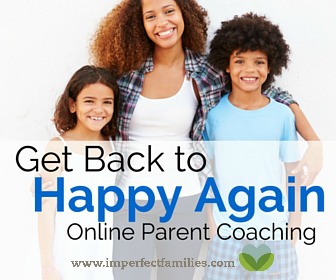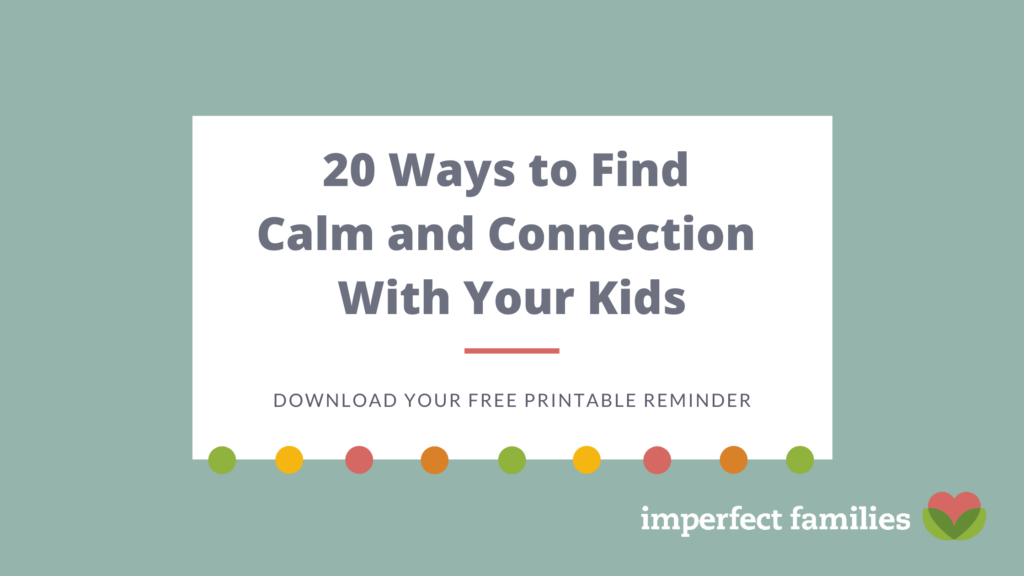
All you want to do is run to the store. Alone.
Please!?
Unfortunately, your 18-month-old has other plans. Scrambling to break free of her dad’s embrace, desperate to stay with you.
Years later, you’re confronted with the same behavior.
Only now, your child is 6 and hanging on for dear life as the school bus rumbles down the street. Confused, and a little frustrated, you mumble under your breath, “I thought we were over this phase.”
Separation Anxiety in Kids.
Some kids bounce into a new classroom, ready to play. Others hang back, cautious.
If your child is on the cautious side, you know how challenging it is to introduce your child to new people or unfamiliar situations.
Kids are wired to be connected to their caregivers. Biologically, staying close to you provides a sense of safety and security. As children grow, they become comfortable being farther from their parents and spending extended time apart.
This process takes longer for some children than for others.
Your job is to provide plenty of comfort, love, and security for your child. At the same time, continue to introduce your them to new experiences and give them age appropriate opportunities to experience independence.
Holding this balance is key.
You don’t want to push them into something before they are ready or hold on so tightly that they do not feel safe enough to explore.
Helping Your Child Manage Separation Anxiety.
- Take it slow. If your child is cautious by nature, give them time to adjust to new settings and new caregivers. Visit a new classroom before the school year begins, spend time with the new caregiver before the actual separation occurs. Encourage your child’s connection to new teachers or caregivers.
- Make use of transitional objects. Provide something your child can take with them to provide comfort in the new setting. A small rock, a picture of you, a necklace, a stuffed animal, or a sticker on their shirt or a hand-drawn tattoo on their hand may help.
- Use storytelling. Change the narrative in their head by telling them stories about entering a new setting and confidently engaging with other students or people in the environment. Draw a very simple book so your child can “read” the story by themselves.
- Project confidence. You may feel sad to see your child heading into a new phase of growth and development. You may also feel like holding on to them forever! Instead, find a way to give them encouragement and support as they conquer this new step.
- Create a goodbye ritual. Rather than linger in the sad feelings of the separation, end on a positive note! A silly game, a secret handshake, or a specific number of hugs may ease the transition. Or, give them a task to complete during the day, “count the number of kids with red shirts” or “I can’t wait to hear what you did at recess!”
- Use connecting hellos. You may be rushed at pickup time or busy after school, but this is a great opportunity to reconnect with your child. Get on their level. Engage in a discussion about their day, or simply give them a big hug!
- Manage your own anxiety. It’s not uncommon for our own anxiety to impact separating from our kids. If you are concerned about your own feelings of anxiety, seek help from a mental health provider.
When to seek help.
It’s not uncommon for separation anxiety to pop-up as your child grows, especially if they are experiencing something for the first time.
Stressful events such as moving, divorce or separation, change in a parent’s work schedule, or illness can also trigger your child’s innate desire to be safely connected to you.
Again, it is normal for a child to want to be connected, especially in times of stress. With support, empathy, and encouragement, most kids will be cheerfully waving goodbye within a short amount of time.
For some children, though, this takes much longer. And, despite trying the steps above, the fears seem to be increasing.
Here are some signs that you may want to seek help from a mental health professional:
- The separation anxiety lasts more than 4 weeks
- The fears are persistent and excessive (so, not just “sad” to be away, but worry about being kidnapped)
- Refusal to go to sleep or sleep alone
- Reluctance to go to school or daycare
- Nightmares about being separated
- Change in eating habits, sleep, or physical symptoms (stomach ache) when separated 0r thinking about being separated from a caregiver.
Even if your child doesn’t fit all of these criteria, it doesn’t hurt to check in with a mental health professional. They will assess your child and suggest strategies or techniques to help your child feel more confident.
Online Parent Coaching is available!
Connecting with a parent coach gives you an opportunity to talk about your experience and brainstorm ways to support your child through their separation anxiety. Learn more about online parent coaching here.





Comments have been turned off to retain the privacy of all families. If you have a question or comment on the topic, you're always welcome to contact me.